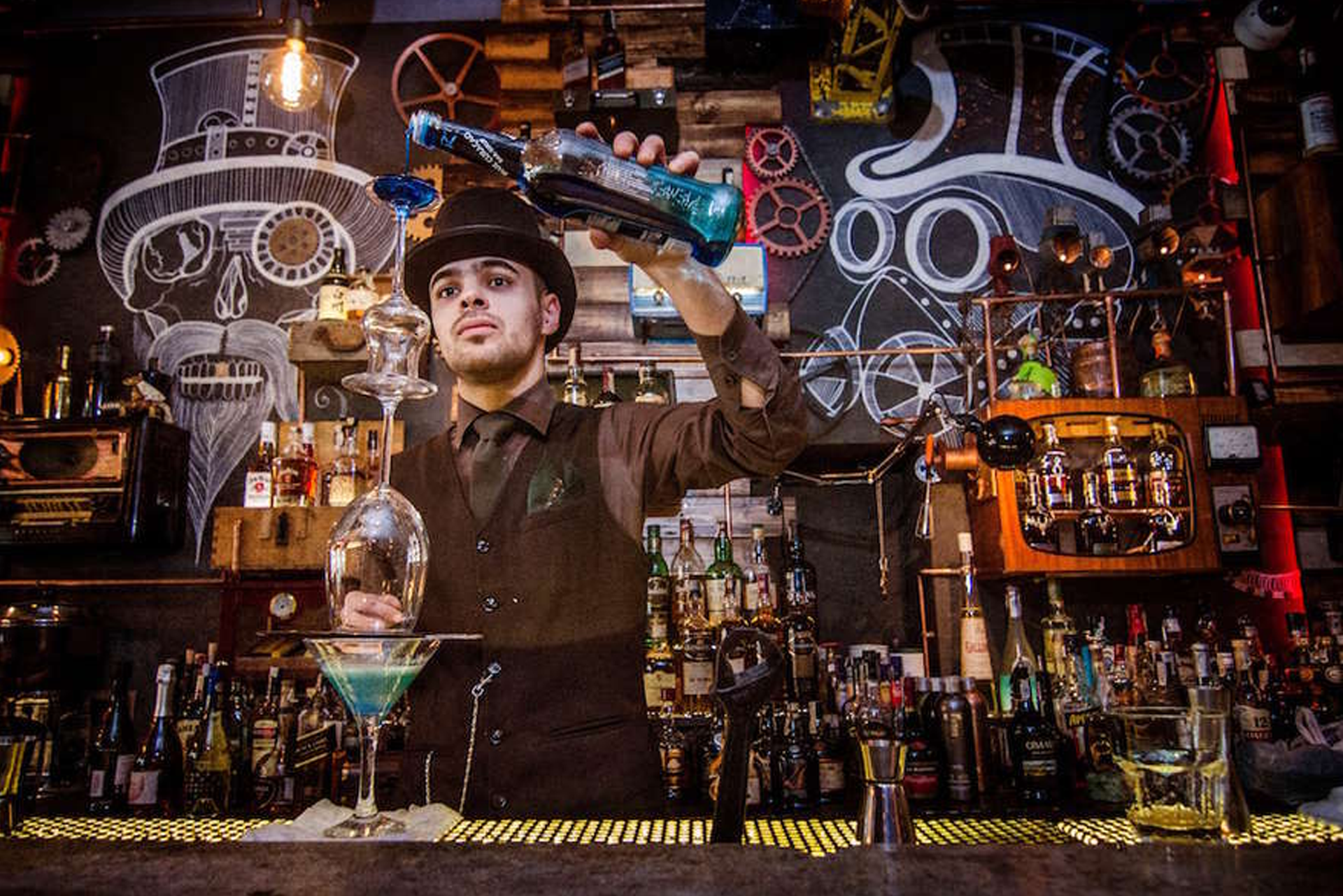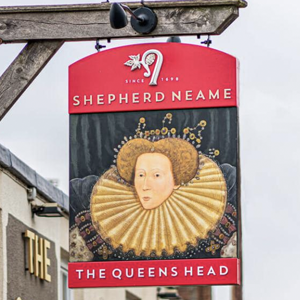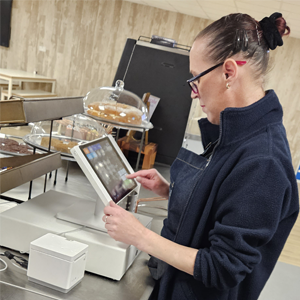Challenging your pub's business rates
On top of the many challenges pubs are facing right now, the time has come again to getting a new rateable value on which your business rates are based. Although there was welcome news in the Autumn statement that the existing 50% business rates relief is being extended, and further increased to 75% relief for hospitality & retail businesses, you need to keep in mind the full value you will need to pay when this support comes to an end.
For many pubs the new valuation should be lower to reflect the difficult trading environment in recent years, however this won’t always be the case, particularly if you have successfully challenged your rates before.
We look at why you may need to challenge your business rates and how you can go about it.
We are not qualified to give legal advice but have been through the process ourselves so are sharing information based on our own experience.
It’s worth noting that this article is written specifically about pubs. For other hospitality businesses, rates are calculated differently and much of the below may not apply.
How are rates calculated?
The rateable value for your venue is calculated based on the valuation office’s assessment of its fair maintainable trade (FMT). FMT is the trade that a reasonably efficient operator could achieve at the venue.
Why challenge?
Apart from the obvious reason, that you want your rates to be as low as possible, there is another very good reason why you may want to challenge your rateable value - you are performing better than a reasonably efficient operator, and therefore exceeding FMT.
The valuation office doesn’t have the time or resources to calculate FMT for every venue in the country, so the initial valuation is based on your actual trading figures. If you are performing better than FMT for any reason (see below) then by default you will get penalised for your success and be charged higher business rates.
Frustratingly, even if you have successfully challenged your business rates previously, the information previously provided seems to be ignored in the new assessment and you are defaulted back to a rateable value that assumes your actual trading figures are FMT for your venue.
Why might you not want to challenge?
If you believe your business is performing on a par with FMT, or even worse than FMT you may not want to challenge your rates. Not only could it end up being a waste of time and effort, but if you have already been given a fair or even a low rateable value, there is a chance that a challenge could lead to it increasing.
How to challenge?
Challenging your rates can be a long-winded process. You first need to send a “check case” to confirm your property details are correct (or inform of any change).
Changes to inform the valuation office of at this stage are material changes affecting the properly either internally (e.g. it’s been split into two different properties) or externally (something has changed in the area that has a major detrimental impact).
If you’re making a challenge on the basis of your business exceeding FMT, the check is just a necessary step you need to take before you can make a challenge.
The challenge
Once you have a response to your check, you will be able to make a challenge. This should be able to be initiated from the website, but in the event this doesn’t work (as in our case) you can request a form from the valuation office.
The form asks for various details, but the key questions are what your proposed rateable value is and why you think it should be altered. You can also provide supporting evidence.

Why you think your rateable value should be altered
It makes sense to focus on why you think your rateable value should be altered before deciding what your proposed rateable value is.
If you are arguing on the basis that your business is performing better than FMT then you will need to list your reasons for this. These will be unique to your business but could include a unique concept, excellent reviews, awards, a particularly loyal following, an expert marketing team - anything that makes your business perform better than “a reasonably efficient operator”.
Also, if you incur any additional costs due in order to run your business as well as you do, (e.g. an above average marketing spend, or expensive tech) it is worth including these.
If you have information on the trading figures and/or rateable value of the business before you took over this can be a useful tool to evidence your position (assuming you have improved trade).
Finally, it’s worth checking the rateable values of similar businesses nearby. If these are lower than yours, they can be useful in supporting your argument that your business is performing better than FMT.
Proposed rateable value
Once you have established all the reasons that your business is performing better than FMT, you will need to decide what your proposed valuation is.
If you haven’t received it already, you can and should request the detailed valuation on which the proposed rateable valuation is based on. The calculation is simply trading figures multiplied by a percentage, so you could adjust the trading figures downwards to strip out the revenue you believe you achieve through your reasons given above.
If you have recently taken over the business you could use its previous rateable value and/or previous trading figures to propose what you think your rateable value should be (arguing that any increase since then is as a result of your particular business advantages and over and above FMT).
If you have successfully challenged your rates before you may propose a value similar to what you achieved then.
Remember, when using any historical figures remember to consider any changes that would have impacted FMT between then and now – most businesses could probably argue FMT is lower now than on the previous valuation in 2017 for example.
Don’t get too hung up coming up with a propose rateable value. The valuation office will come up with their own valuation based on the reasons you have provided, if they agree with them, and its unlikely to match or even be influenced by yours.
What happens next?
Hold tight. It’s likely to be at least a couple of months before you hear anything. You may receive some follow up questions on your challenge. We received a final response to our challenge after around 5 months.
If you’re not happy with the response you can appeal. This involves an independent tribunal reviewing the case, but this isn’t something we have any experience on to share.
Seeking professional advice
If you have a very clear idea of what makes your business perform better than FMT, you want to avoid additional costs, and are happy to spend a little time on it, it’s quite possible to successfully challenge your business rates yourself. That is what we did in 2017 for our own pub.
If on the other hand you are unsure of any aspect of your challenge you can always seek professional help and advice. The above is based on our own experience and worked for us, but it is shared for informational purposes only. We are not qualified to provide financial or legal advice and are not experts on business rates.
We are experts on hospitality technology and if you are ever looking to improve your business through a tailor-made pub EPOS system get in touch, we’d be very happy to hear from you.

CONTACT US
Sales 01924 806 074
Support 01924 806 495
Registered Business Address
Tabology Ltd
Avenue HQ
10 - 12 East Parade
Leeds
LS1 2BH
United Kingdom
USEFUL LINKS
NEWSLETTER SIGN-UP
Thank you for subscribing to our blog.
Please try again later.
All Rights Reserved | Tabology




